PLC Interconnectivity: Bridging Data Silos for Smart Manufacturing
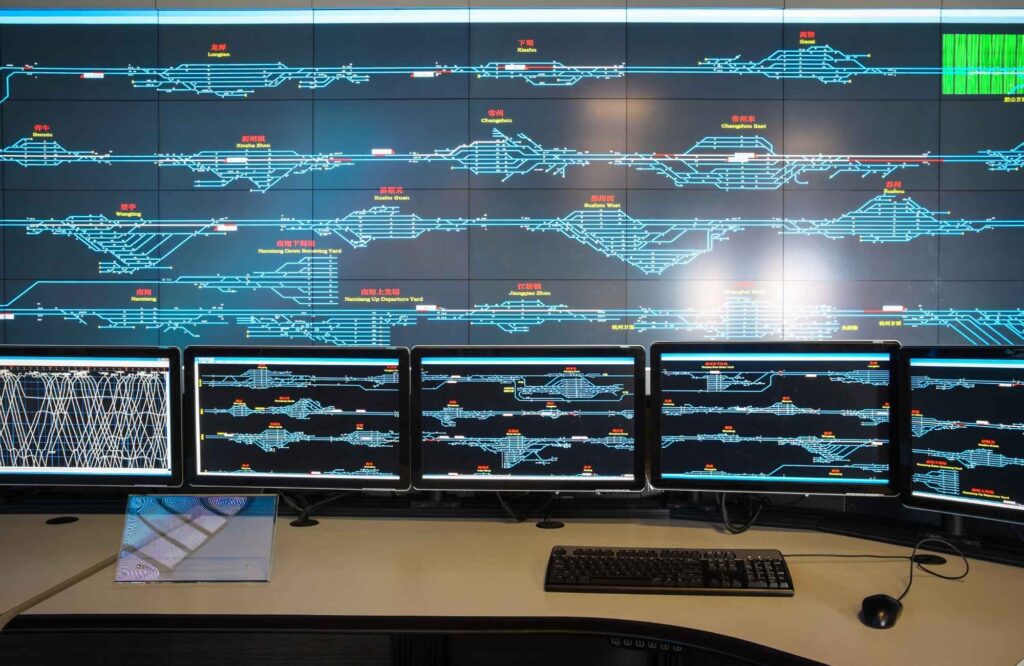
Among the surging tide of Industry 4.0, industrial automation systems are expanding significantly intricate, and standalone PLCs are no more sufficient to fulfill developing manufacturing needs.
Reliable and trusted interconnectivity between PLCs has become paramount to damaging information silos and enabling smart production.
PLC Guide: Concepts, Applications & Wiring Essentials
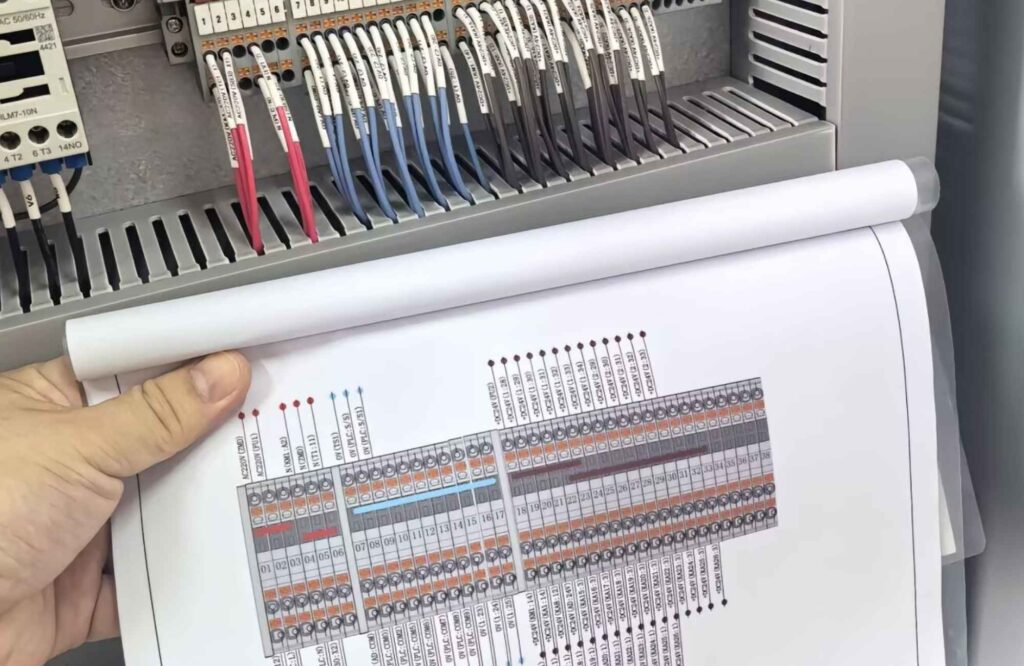
This document provides a comprehensive analysis of the Programmable Logic Controller (PLC), covering its core concepts, powerful capabilities, and fundamental wiring methodologies. We will contrast traditional relay-based control systems with PLC-based systems, highlighting the indispensable role of PLCs in modern industrial automation. By exploring the five primary application domains of PLCs (Digital Control, Motion Control, Analog Control, Data Handling, and Communication & Networking), and analyzing the characteristics of different output types using tables and data, this article serves as a detailed introductory guide for beginners, engineers, and technology enthusiasts.
Common Faults and Troubleshooting of Omron PLC
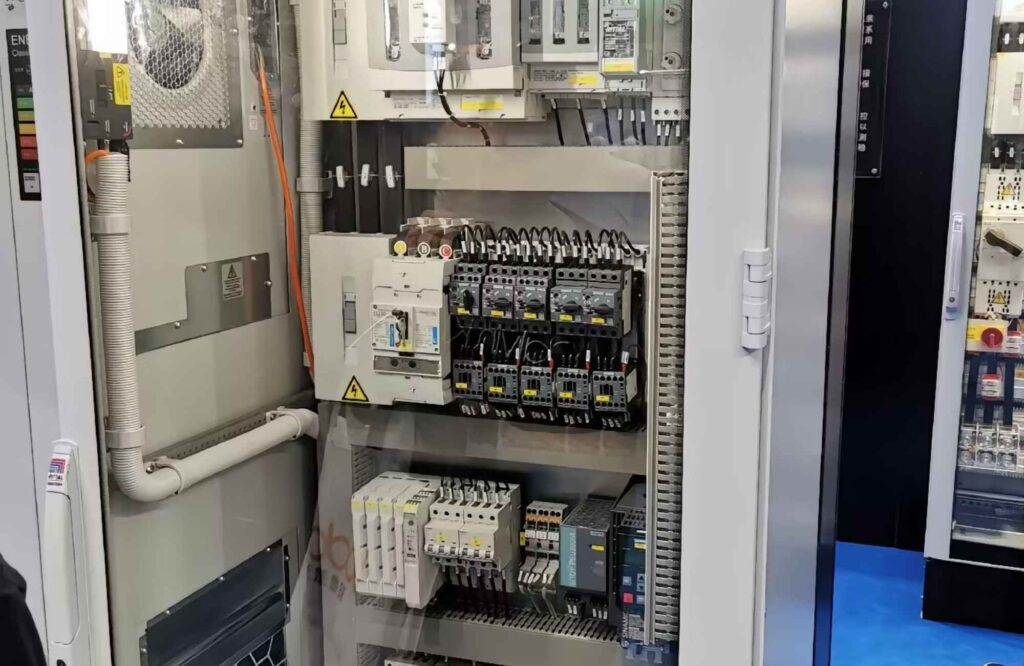
As a global leader in automation solutions, Omron provides a comprehensive range of Programmable Logic Controllers (PLCs), including the classic CP series, the powerful CJ series, and the future-oriented NX/NJ series. These controllers are widely deployed across diverse industries such as manufacturing, packaging, logistics, and energy. Serving as the “brain” of automated systems, Omron PLCs execute control logic with precision and coordinate the operation of various components.
Fix Slow Machines: PLC, HMI, Servo, Sensors
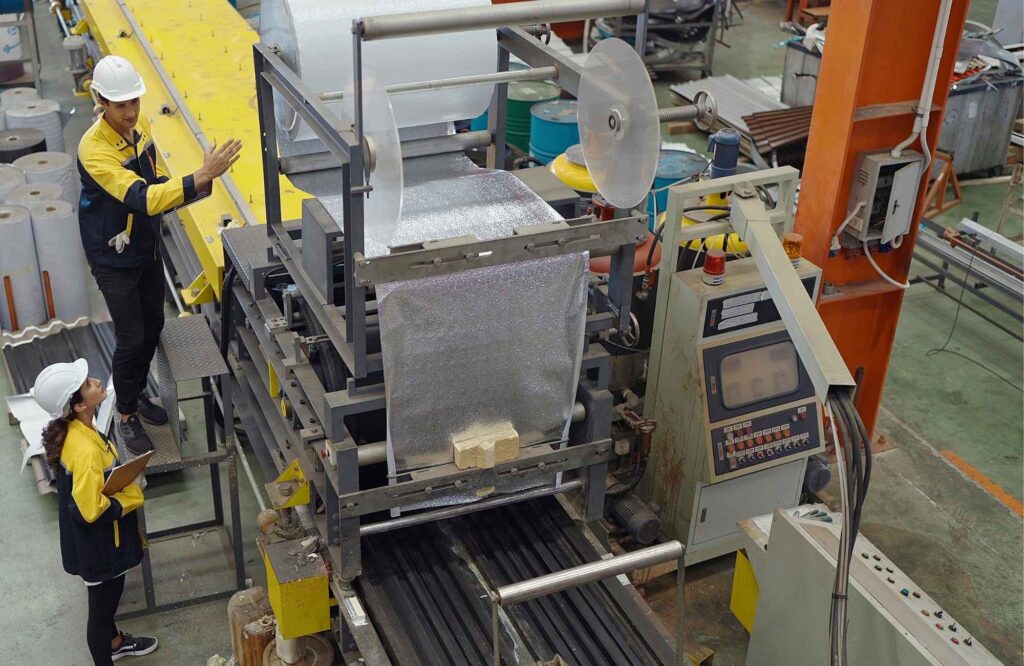
Do your machines stop a lot? Do they break down? That is a big problem! It makes you lose money. It makes you lose time. You can’t make things fast.
PLC vs VFD: Understanding Programmable Logic Controllers and Variable Frequency Drives
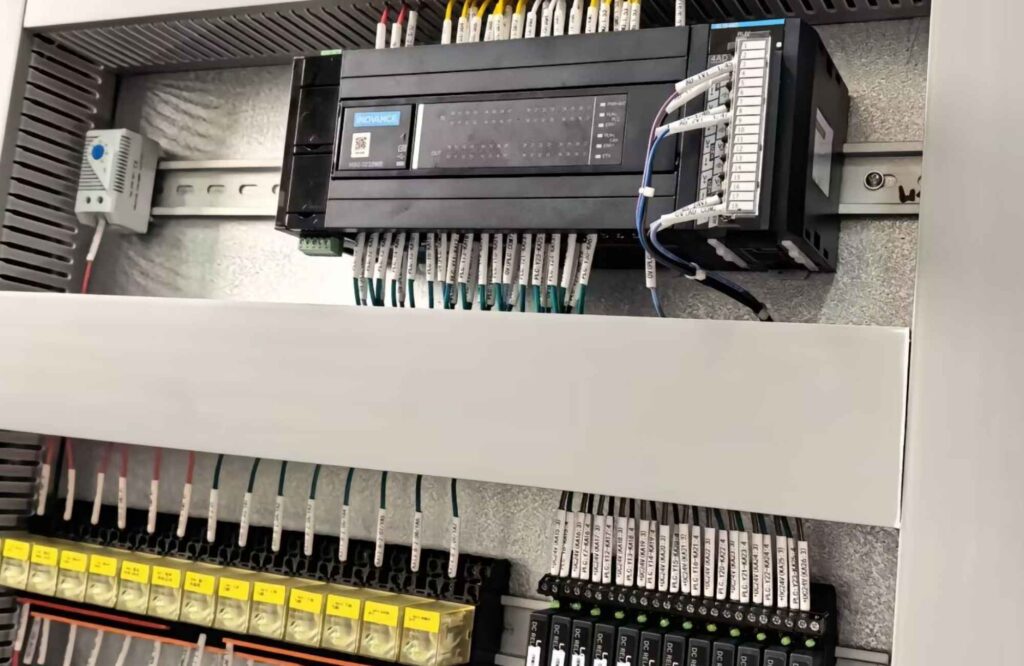
This article delves into the world of industrial automation, exploring the crucial roles of Programmable Logic Controllers (PLCs) and Variable Frequency Drives (VFDs). We’ll break down their functions, compare their strengths and weaknesses, and explain how they work together to optimize industrial processes. Whether you’re in machinery manufacturing, factory solutions, or simply curious about modern automation, this guide will provide a clear understanding of these essential components.
Siemens PLC Guide: Automation & Programming
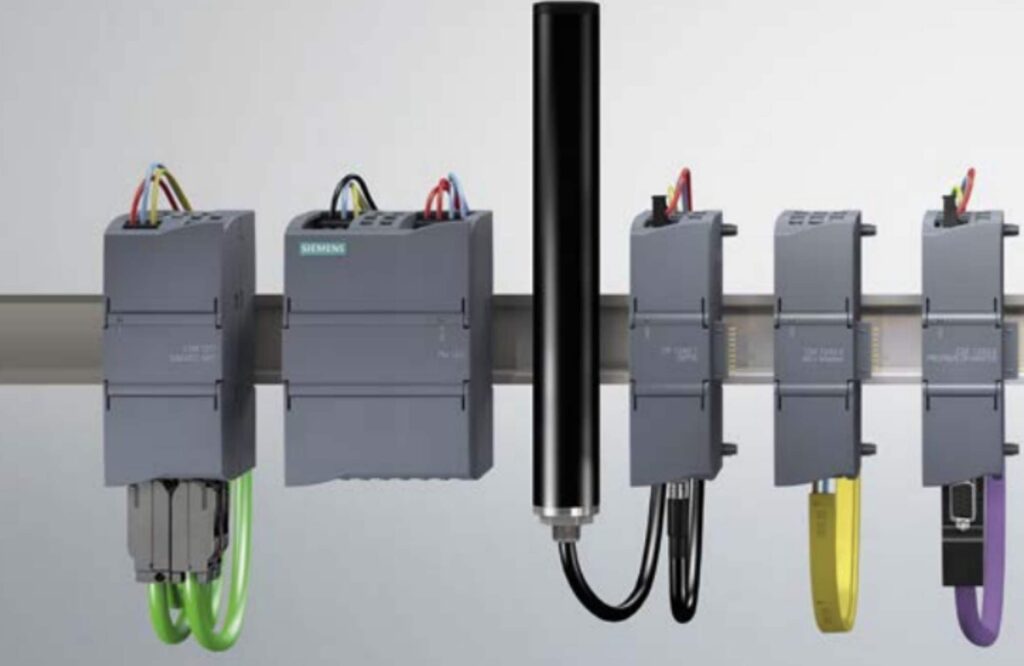
In today’s fast-paced industrial landscape, efficient automation is key. This article explores the world of Siemens PLC, focusing on the Simatic range and the TIA Portal programming environment. We’ll dive deep into understanding how Siemens PLC systems, from the versatile S7-1200 to the powerful S7-1500, can revolutionize your manufacturing processes. Whether you’re a seasoned engineer or just starting out, this guide will provide valuable insights into choosing, programming, and implementing Siemens PLC solutions.
Understanding HMI: Revolutionizing Your Manufacturing Interface
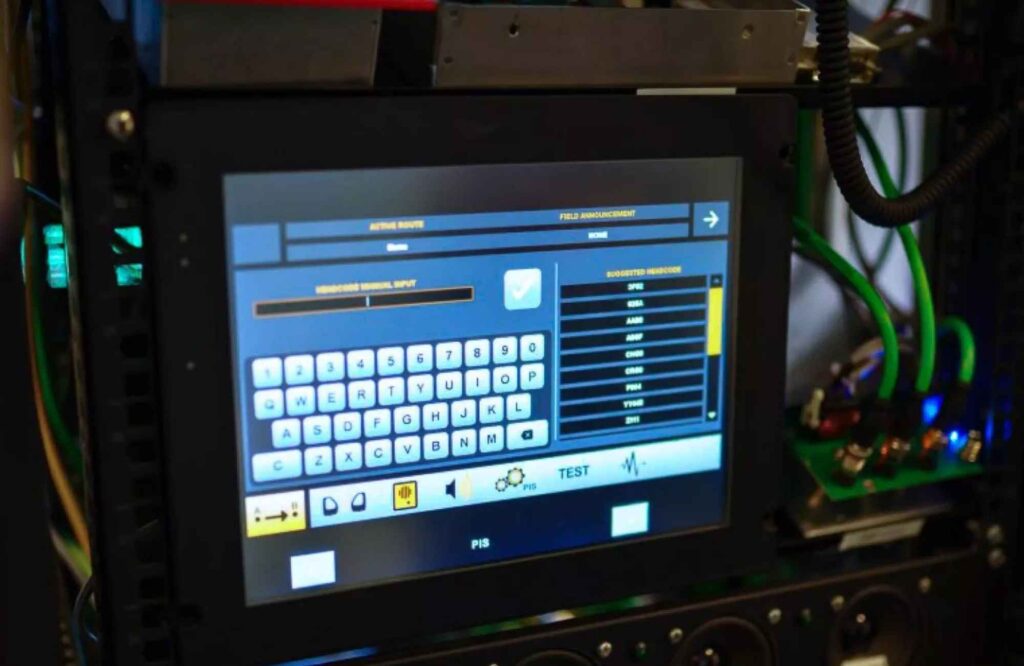
The Human Machine Interface (HMI) is your window into the complex world of industrial automation. It’s the interface that allows operators to interact with machines and PLC systems, providing real-time data and control. In this article, we’ll delve into the world of HMIs, explore their functionality, and understand how they can significantly benefit your manufacturing operations.
Unlock Efficiency and Control with Industrial Automation: Understanding SCADA Systems
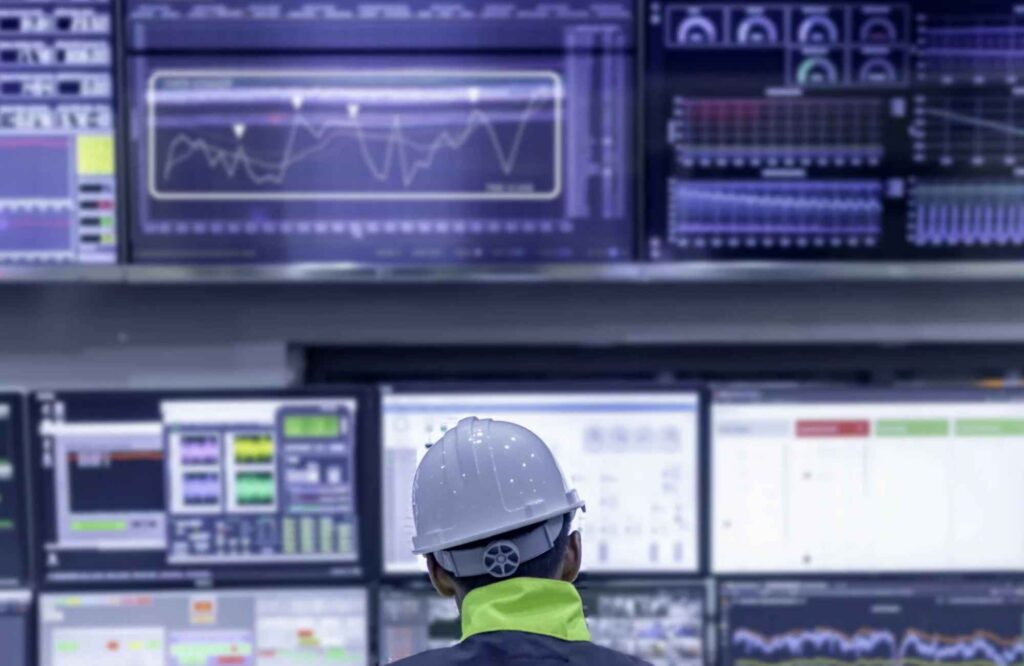
In today’s fast-paced industrial landscape, efficiency and precise control are paramount. This article delves into the world of SCADA (Supervisory Control and Data Acquisition) systems, exploring how they revolutionize industrial processes, enhance productivity, and provide real-time insights for informed decision-making. Whether you’re in machinery manufacturing, equipment production, or a factory solution provider, understanding SCADA is crucial for staying competitive.
Unlock Precision: Mastering Encoders and High-Speed Counters with PLCs
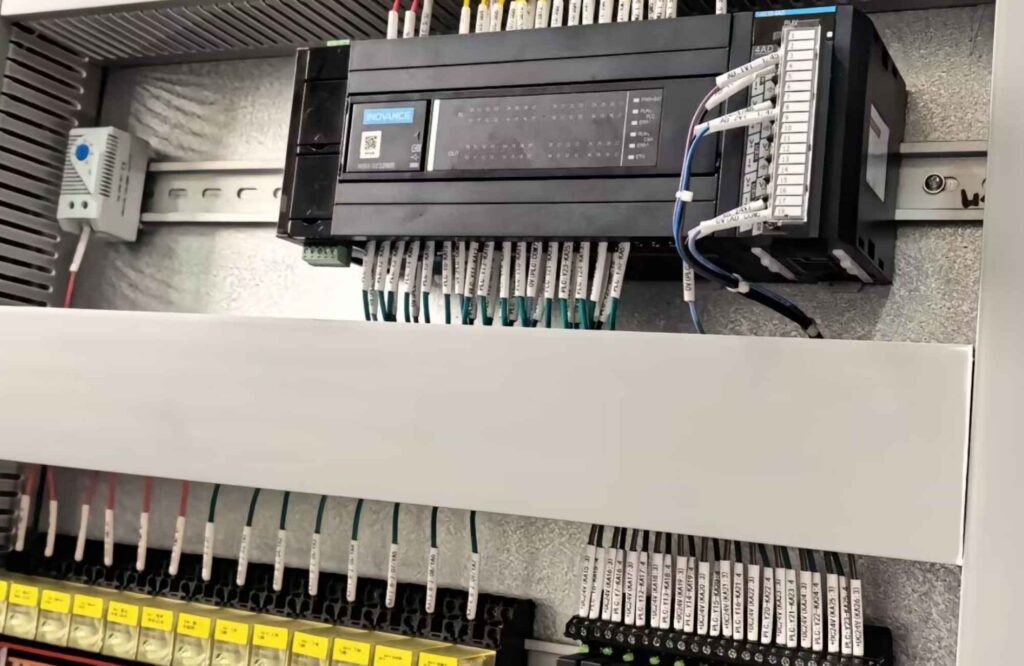
This article dives deep into the world of encoders and high-speed counters (HSCs), explaining how they interface with Programmable Logic Controllers (PLCs) to provide precise control in industrial automation applications. From understanding rotary encoders to configuring HSC modules, we’ll explore how these technologies work together to enhance speed control, position measurement, and overall system efficiency.
Troubleshooting Unresponsive Industrial Touch Screen Panels: A Comprehensive Guide
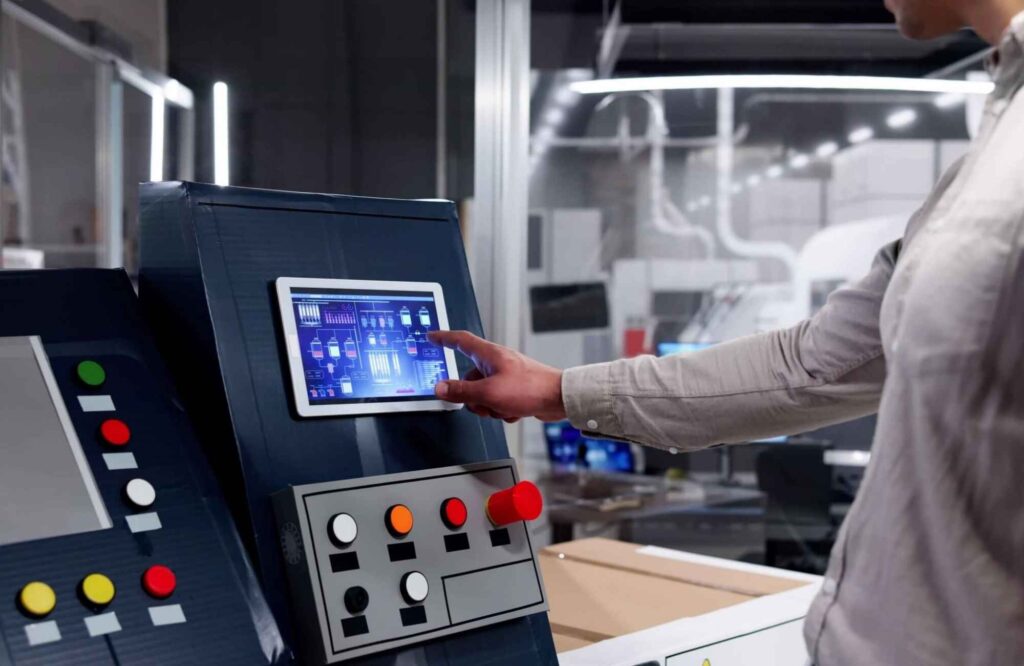
Is your industrial touch screen panel acting up? An unresponsive touch screen can halt production, create frustration, and cost your business valuable time and money. This article provides a comprehensive guide to troubleshooting common industrial touch screen issues. We’ll explore the reasons behind an unresponsive touch, the steps you can take to solve the problem, and when it’s time to call in the professionals. Learn how to ensure your industrial HMIs remain reliable and contribute to smooth manufacturing operations.
